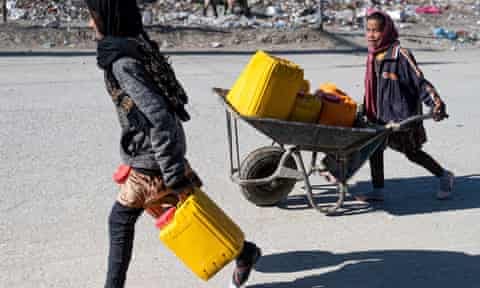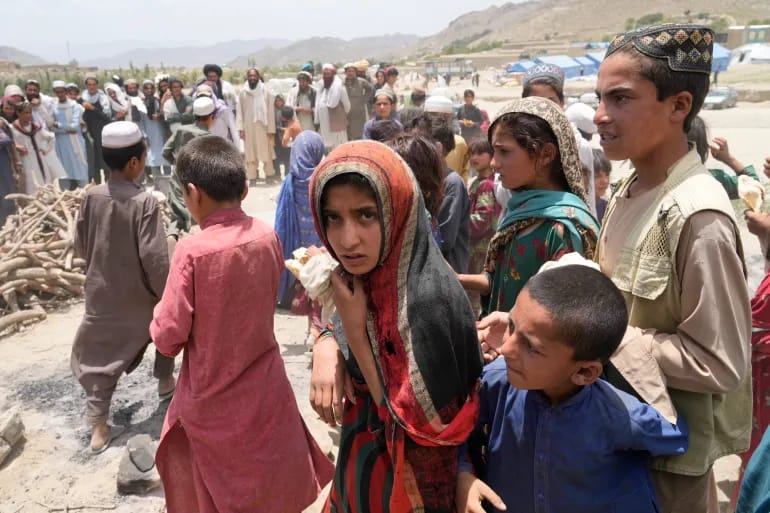

Kabul, in Afghanistan, could become the first modern city to completely run out of water, experts have warned. Afghan capital’s 7 million people face existential crisis that world needs urgently to address.
Water levels within Kabul’s aquifers have dropped by up to 30 metres over the past decade owing to rapid urbanisation and climate breakdown, according to a report by the NGO Mercy Corps.
Meanwhile, almost half of the city’s boreholes – the primary source of drinking water for Kabul residents – have dried out. Water extraction currently exceeds the natural recharge rate by 44m cubic metres each year.
If these trends continue, all of Kabul’s aquifers will run dry as early as 2030, posing an existential threat to the city’s seven million inhabitants.
Water access has become a daily battle for people in Kabul. Some households spend up to 30% of their income on water, and more than two-thirds have incurred water-related debt.
Meanwhile, some private companies are capitalising on the crisis by actively digging new wells and extracting large amounts of public groundwater, then selling it back to city’s residents at inflated prices.
“We used to pay 500 afghanis (£5.30) every 10 days to fill our cans from the water tankers. Now, that same amount of water costs us 1,000 afghanis,” said a resident. “The situation has been getting worse over the past two weeks. We are afraid it will get even more expensive.”
Kabul’s sevenfold growth from less than 1 million people in 2001 has drastically transformed water demands. A lack of centralised governance and regulation has also perpetuated the problem over the decades.
